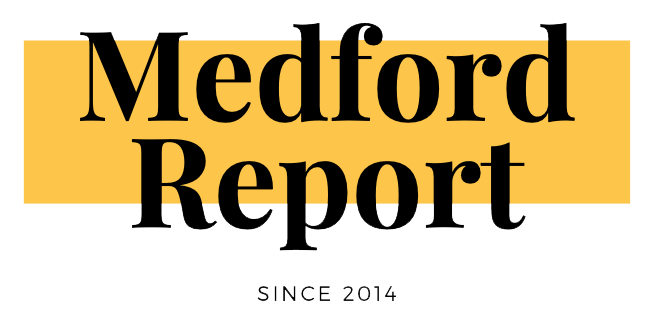Medford, OR – The 2025 Oregon legislative session, set to begin Tuesday, is poised to tackle a series of pressing budget issues, including a nearly $2 billion transportation deficit and substantial budget requests for housing and homelessness initiatives. These challenges come at a time when both party leaders in the House and Senate have expressed that improving affordability and addressing the rising cost of living are top priorities for Oregonians.
During a legislative kickoff press event last Thursday, House Speaker Julie Fahey, D-Eugene, emphasized that affordability issues are foremost in the minds of constituents. “We are leading first and foremost with affordability and cost of living. That is something that is very top of mind for Oregonians right now,” Fahey said. She noted that while federal and global issues may be beyond the state’s control, Oregon lawmakers can make a significant difference on issues like housing, utilities, and healthcare.
Republican leaders also agreed that affordability is a key issue. House Republican Leader Christine Drazan, R-Canby, affirmed that tackling affordability is a major priority for her party. However, she cautioned against policies that could lead to higher state spending and increased government control. “Oregonians themselves are calling on us to do more with less and not ask them to write that blank check,” Drazan stated, emphasizing the need for careful stewardship of state funds.
Despite shared concerns over affordability, tensions between the two parties were evident when Fahey defended Governor Tina Kotek’s emergency order on homelessness. Fahey praised the order for setting clear goals and holding the state accountable for achieving specific outcomes, noting that the legislature’s funding of the emergency order had made progress on addressing homelessness.
However, Drazan pushed back, arguing that the state’s homelessness numbers, as reflected in the 2024 Point in Time count, suggest that the emergency order has not yielded the desired results. “We’ve invested billions, and we have succeeded in housing a few thousand,” Drazan said, questioning the effectiveness of the approach.
Both Drazan and Senate Minority Leader Daniel Bonham, R-The Dalles, expressed support for reducing some of Kotek’s proposed budget requests in favor of allocating more funds to address the transportation deficit. The state is facing a shortfall of nearly $2 billion in transportation funding, and Kotek has emphasized that this gap cannot be filled with general fund dollars. “That is $2 billion out of education, that is $2 billion out of mental health services, that is $2 billion out of housing! General fund will not fill this gap,” Kotek explained, indicating that alternative solutions, such as mileage-based taxes, would need to be explored.
While disagreements over spending priorities remain, leaders in the Senate have emphasized efforts to foster bipartisanship and avoid a repeat of the 2023 legislative walkout. Senate President Rob Wagner, D-Lake Oswego, has been working to build relationships with Republican lawmakers, including visiting their districts and engaging in personal conversations. “This is something that I’ve spent a lot of time coming out of the 2023 session on, trying to really understand this role and how to build relationships,” Wagner said.
Bonham, for his part, acknowledged Wagner’s efforts, noting that the Senate president had even spent time with his family, strengthening the bond between lawmakers from both parties.
As Oregon’s lawmakers prepare to dive into the 2025 session, it remains clear that difficult decisions lie ahead, particularly in balancing the state’s budget priorities while addressing the needs of Oregonians struggling with affordability. With both parties committed to addressing these issues, how they navigate the challenges will likely define the session’s success.

